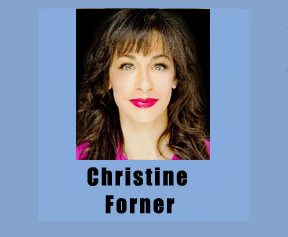
AIRED: July 2, 2018– 11 am PST
SPECIAL GUEST: Christine Forner
www.associatedcounselling.ca
Dissociation, Mindfulness, and Creative Meditations, by author, Christine Forner explores the potential of mindfulness and explains why this level of developmental human achievement is so precarious within traumatic stress, especially traumatic dissociation.
When children are harmed, we are all harmed. For many years the general understanding was that children are resilient. They seem to heal from physical injury much quicker than adults, so the assumption that their emotional and developmental systems were the same. It is also a general belief that the kids are too young to remember things, so what happens to them is not that harmful, but this is a myth. In the last 20 years we have learned a great deal about how stress and adversities affect children and its way more serious than what was believed to be true.
Children are extremely sensitive to stress. Because we are unlike other mammals and take a long time to grow (about 25 years), as children we need others to grow a sense of self, we need others to feel secure and if we do not, we do not grow properly. These and several other mechanisms make stress for children a much more serious thing than stress for adults.
Babies and small children will seek out caregivers when they feel threat or danger, when their own caregiver is not there and they are scared the instinctual body of the child will move into a state of panic and terror. They don’t really move into rage or running away as a defense, they do move into dissociation. Dissociation, if needed a lot, can lead to a dissociative disorder and a whole host of other issues. These children become at risk for mental illness, learned helplessness, anti-social behavior, and illness such as autoimmune, heart disease, cancers.
Forner joins us to discuss the connection and disconnection between mindfulness and dissociative disorders and highlight the importance of gently creating a mindfulness practice for traumatized children and adults. She will explain how her book teaches readers how to exercise the part of the brain that is responsible for mindfulness and how to regulate the part that is responsible for dissociation, and so they come away with tips that will help even the most dissociative individual to reap the benefits of mindfulness practices.
ABOUT CHRISTINE C. FORNER
Christine C. Forner, MSW, RSW, has more than 17 years of clinical experience working with individuals with trauma, PTSD, traumatic dissociation, and developmental trauma. Christine works in private practice at Associated Counselling in Calgary Alberta, Canada. She has presented locally and internationally on issues of traumatic dissociation and mindfulness and dissociation and is the current treasurer for the International Society for the Study of Trauma and Dissociation.





